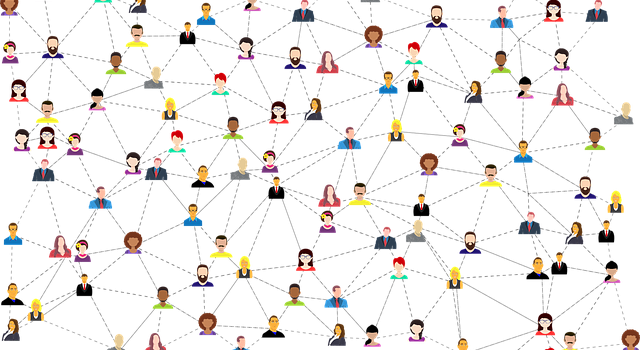Welcome to our blog Risky Networks!
Our world is made up of various networks that serve to improve global livelihoods. However, each network has its own set of challenges. We – four students of Malmö University – founded Risky Networks to focus on the challenges or possible dangers that could emerge in digital communication networks in the international development field, across social media, data and new media. Though often considered coined “ICT4Bad”, Risky Networks presents weekly balanced arguments on this phenomena for 6 weeks. Enjoy reading!





